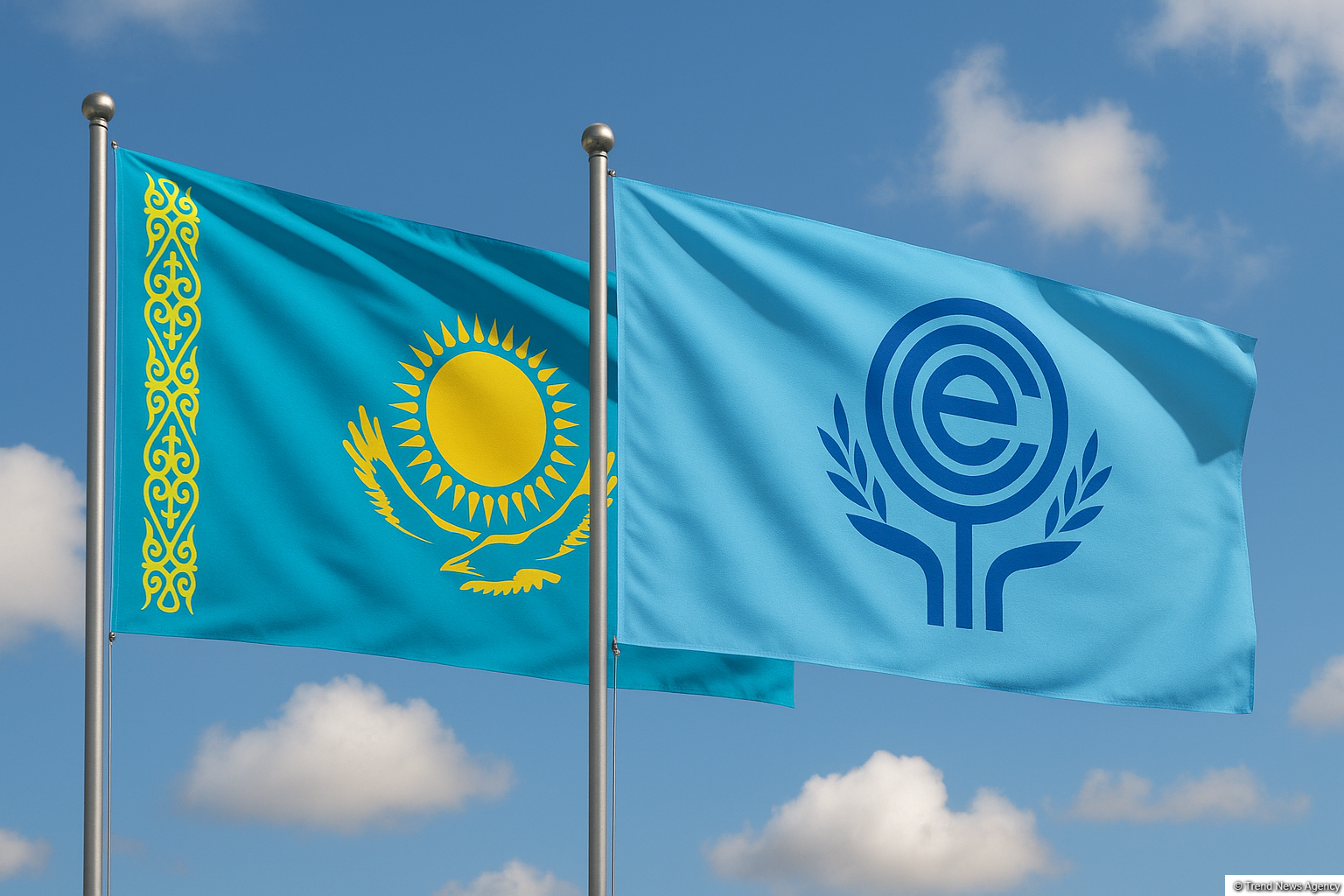BAKU, Azerbaijan, July 2. On July 3-4, the 17th Summit of the Economic Cooperation Organization (ECO) will be held in Khankendi, Azerbaijan, bringing together the cream of the crop from ten nations, boasting a whopping population that tips the scales at over 500 million souls. This year, Kazakhstan is at the helm of the organization—not just going through the motions but a testament to the country’s savvy and carefully crafted game plan to bolster economic connections throughout the Eurasian landscape.
Kazakhstan, a long-standing player in the ECO game since 1992,
is right in the thick of things when it comes to shaping the
organization's future. The current chairmanship—the second time at
the rodeo for the country—marks its comeback to the forefront of
regional integration. In a world turned upside down, Kazakhstan
isn’t just blowing smoke; it’s rolling up its sleeves and putting
its money where its mouth is with real projects and
initiatives.
At the top of the list is the building up of transport
infrastructure. Kazakhstan is pulling out all the stops to champion
the Trans-Caspian route and the North-South corridor, shaking hands
and signing roadmaps with Azerbaijan, Türkiye, Iran, and other
partners to clear the decks and boost the throughput capacity of
these pathways. By 2027, transit volumes on the Trans-Caspian
International Transport Route (TMTM) are set to skyrocket—from 4.5
to a whopping 10 million tons. The modernization of the Aktau and
Kuryk ports is just around the corner, digital customs solutions
are coming into play, and a cohesive space for transit trade is
taking shape.
Concurrently, Kazakhstan is strategizing to enhance economic
synergies and foster deeper integration within regional frameworks.
The nation engages proactively in the formation of the ECO
Transport Council, spearheads the digital transformation of trade
mechanisms, and cultivates the enhancement of transnational
production networks. All these initiatives are designed to mitigate
impediments and catalyze the expansion of regional commerce.
As of the conclusion of 2024, Kazakhstan's export metrics
culminated at $81.6 billion, while the aggregate foreign trade
volume was quantified at $141.4 billion. Food exports exhibited
substantial escalation—$2.8 billion—underscoring the nation’s
position as a pivotal guarantor of food security for adjacent
territories and Middle Eastern states. Türkiye, Uzbekistan, and
Kyrgyzstan—integral constituents of the ECO framework—constitute
pivotal trading allies for Kazakhstan, highlighting the strategic
significance of the ECO as a conduit for economic diversification
initiatives.
In conjunction with its economic imperatives, Kazakhstan
strategically prioritizes the integration of sustainable
development initiatives. The development of the Shaulder
photovoltaic facility, engagement in the "sustainable energy
conduit" alongside Azerbaijan and Uzbekistan, and execution of
hydrological infrastructure enhancement initiatives are all in
accordance with the summit’s environmental framework and bolster
the region’s enduring ecological resilience.
Conducting the summit in Khankendi—a locale emblematic of
revitalization and a transformative phase in regional
discourse—imbues the gathering with enhanced significance. In this
context, Kazakhstan is not merely presiding over the ECO but is
actively curating the strategic framework, providing stakeholders
with a definitive emphasis on trade digitalization, sustainable
investment paradigms, and the enhancement of transport connectivity
infrastructures.
Consequently, Kazakhstan is orchestrating a novel framework for
regional collaboration. The initiatives act as a pivotal driver for
economic expansion, enhanced interconnections, and enduring
development, with the Khankendi summit poised to signify a
watershed moment in the evolution of ECO into a more efficacious
and pragmatic framework.







